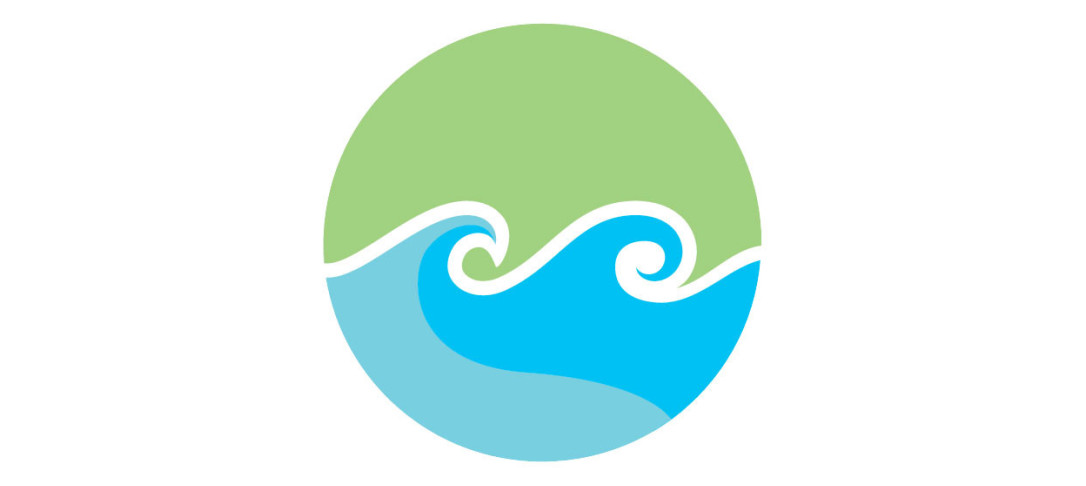
Abstract: Ocean Renewable Energies (OREs) are promising alternatives to fossil fuels in potential areas to tackle climate change impacts and support net-zero emission targets. Among OREs, waves contain the highest energy density, are predictable, and have the least known environmental impacts. Moreover, Wave Energy Converters (WECs) can be utilized for additional purposes such as coastal protection and hence, contribute to mitigating climate change by cause and effect. However, OREs are subject to change due to climate change. The suitable locations for wave energy extraction have conventionally been selected based only on the amount of available energy. However, recent research has shown that the areas with higher stability are preferred. In this seminar, we discuss the sustainability of wave resources in terms of intra-annual variation and long-term changes and introduce a methodology for selecting suitable sites and technology, considering the impact of changing climate.
Short Bio: Bahareh Kamranzad is an Assistant Professor at Kyoto University, Japan, and a visiting researcher at the Faculty of Natural Sciences, Imperial College London. Bahareh’s major is Coastal Engineering, and her research activities focus on climate change impacts, ocean renewable energies, ocean dynamics, wave modeling, coastal protection, and extreme events, using various methods such as numerical modeling and Machine Learning (ML). She has been appointed to highly competitive positions such as Japan Society for the Promotion of Science (JSPS) postdoctoral fellowship (acceptance rate<10%) and the Hakubi Center for Advanced Research global-type faculty position at Kyoto University (acceptance rate<3%), and has secured national and international competitive fundings for her projects as Principal Investigator (PI). She is also the co-founder and chair of the International Integrated Wave Energy Research (IIWER) Group.


